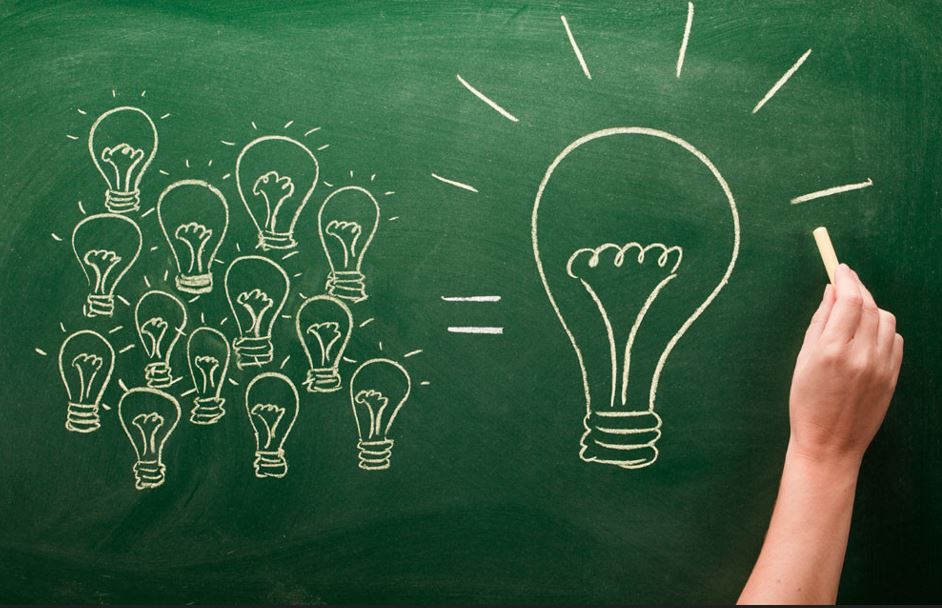


 3:58:33
3:58:33  2025-08-12
2025-08-12  2124
2124

Knowledge will only serve to improve people’s lives if those who possess and produce it can truly understand the real needs of the vast majority of people—needs that are many and varied.
The problem begins when many intellectuals and educators perceive people’s problems only through the lens of the culture that shaped their academic identity—both in terms of their field of specialization and the civilizational background of the institutions from which they graduated. Often, the economist diagnoses people’s needs purely from an economic standpoint, while the sociologist sees them from a purely social perspective, and so on.
No matter how accurate such diagnoses may be, they still originate from a partial perception and a limited vision of the struggles faced by the very people they aim to help.
Some Muslim intellectuals studied in the West, while others studied in countries that belonged to the former Eastern Bloc. What they studied did not stem from an Islamic civilizational vision, nor from a deep understanding of our own reality. This is natural—but what is not natural is when these intellectuals propose curricula, techniques, and solutions imported from those very countries, turning our educational institutions into experimental fields. After countless attempts, the results remain discouraging.
A nation’s curricula and educational systems express its worldview and the civilizational stage it is experiencing—often quite different from that of Muslims. The “medicines” proposed may be excellent and effective—but for illnesses other than ours. What good is a golden key if it does not open the locks of backwardness pressing upon our chests?
The quality of a garment lies in how well it fits the wearer—not in its color, length, or width.
We have large numbers of both adults and children who are illiterate, and even more whose literacy is so minimal they might as well be illiterate. What benefit is there in knowing how to read if one never opens a book?
We have countless educated young people who can find neither jobs nor homes, and who feel they have no hope or future. How can we requalify them so that employers need them?
Alongside this, there are large numbers of Muslims who lack even the basics of knowledge about what is lawful and unlawful, about rights and duties, and about their higher purposes in life. How can we educate them in all of this?
On top of all this, we have a vast nation—one-quarter of the world’s population—that feels it lives outside of history and experiences a daily violation of its dignity and rights. How can we open to it the horizons of escape from its civilizational crisis?
I believe that many of our intellectuals need requalification and renewed education—centered around developing a comprehensive and critical vision of what they must do for the illiterate, the weak, the poor, the distressed, and the lost, who form the backbone of the Muslim nation. How do we help all of them, and by what means? That is the question.
Reality Of Islam |
|

Get ready f

Researchers

A new metas

As air frye
 9:3:43
9:3:43
 2018-11-05
2018-11-05
10 benefits of Marriage in Islam
 7:5:22
7:5:22
 2019-04-08
2019-04-08
benefits of reciting surat yunus, hud &
 9:45:7
9:45:7
 2018-12-24
2018-12-24
advantages & disadvantages of divorce
 11:35:12
11:35:12
 2018-06-10
2018-06-10
 6:0:51
6:0:51
 2018-10-16
2018-10-16
 8:39:51
8:39:51
 2022-09-23
2022-09-23
allah will not answer all your prayers
 6:56:28
6:56:28
 2022-01-01
2022-01-01
 2:13:43
2:13:43
 2022-05-27
2022-05-27
 8:15:37
8:15:37
 2023-02-16
2023-02-16
 10:35:40
10:35:40
 2022-05-26
2022-05-26
 2:2:13
2:2:13
 2022-10-08
2022-10-08
 1:34:8
1:34:8
 2022-02-01
2022-02-01
 5:41:46
5:41:46
 2023-03-18
2023-03-18
| LATEST |